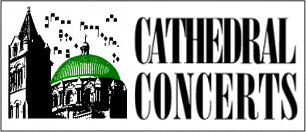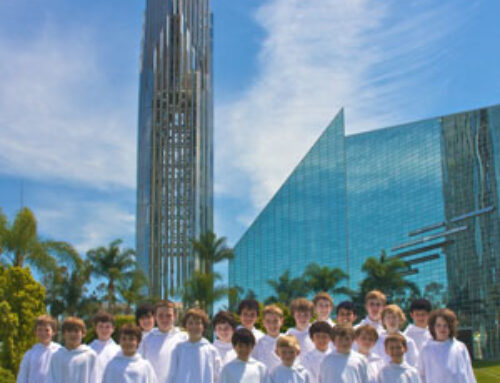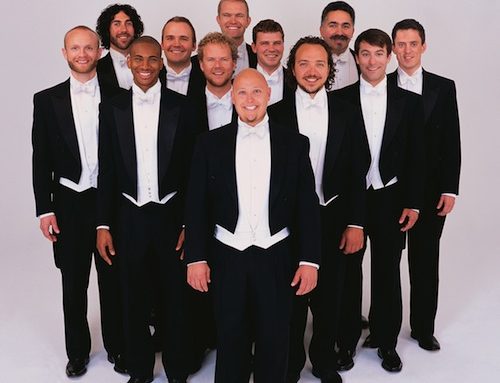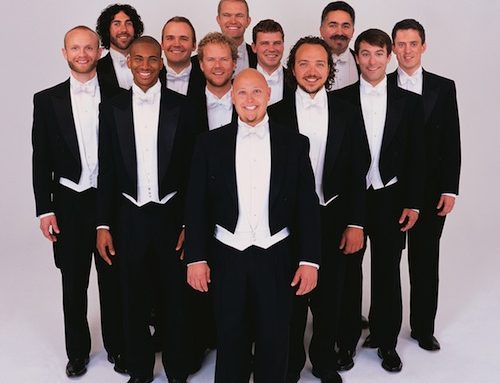Review of Apollo’s Fire concert October 17, 2010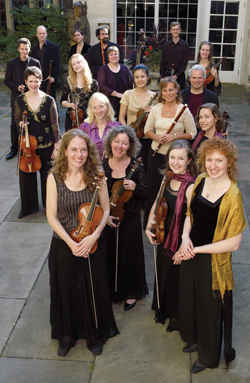
Dr. Jeffrey Carter, Chair
Department of Music
Webster University
Cathedral Concerts opened the new season on Sunday with a visit from Apollo’s Fire, a Baroque band out of Cleveland.
I’ve not been so moved and awed by a concert in some time, a statement that is especially telling when one realizes that I’m speaking of music that was published 400 years ago, and is still fresh and delight-filled.
Claudio Monteverdi’s 1610 Vespers, probably written for Mantua in 1608, is a compendium of compositional techniques, a showcase of early-Baroque wiles, and a tour-de-force in the right hands. Jeannette Sorrell most definitely has the right hands.
The Vespers features the requisite five psalms and Magnificat, plus four motets with texts from that most suggestive of Biblical books, the Song of Solomon. While the psalms were individually amazing and collectively breathtaking, it was the solo and duet work in the motets that still lingers in the mind and ear.
A drum-led procession set the tone for the festive Vespers, as soloists and one lone drummer somehow both solemnly and joyously crossed from west to east (or, at the Cathedral Basilica, from south to north, but I won’t quibble).
The concert took flight immediately with the dazzling D major opening versicle. Zachary Wilder danced and swayed as he intoned Nigra sum, and melted hearts in the process. This is an early-music tenor of international standards!
Two more sweetly perfect soloists, Terri Richter and Nell Snaidas (one in black with red, the other in red with black), nearly made me swoon with the Pulchra Es.
The high point of the evening, though, was the Duo Seraphim, with Wilder and Richard Edgar-Wilson trading lines in such perfection that I swear I heard a dozen seraphim instead (thanks to my seat on the left of the dome, and the swirl of sound in that magnificent building). I kid you not – this was one of the most eerie and divine musical moments of my life. And some of the most exquisite singing too.
Edgar-Wilson sounded tired and a bit frayed by the end of the evening. Fortunately, the sackbuts and cornetti did not. In fact, this was incredibly high-level playing from the early-music wind players.
As I followed along in the score, one of my students peering at the Oxford edition too, I marveled at the rhythmic vitality of this music. Duple gave way to triple over and over, and always to splendid effect. Sorrell led the performance with both elegance and clarity. Spritely tempi actually enhanced the over-generous acoustic of the Cathedral.
I first heard this work 15 years ago. This performance was the penultimate of a two-week tour for Apollo’s Fire, and the first of what I trust will be a fine season at the Cathedral Basilica.
